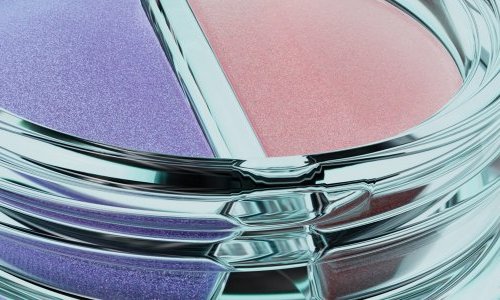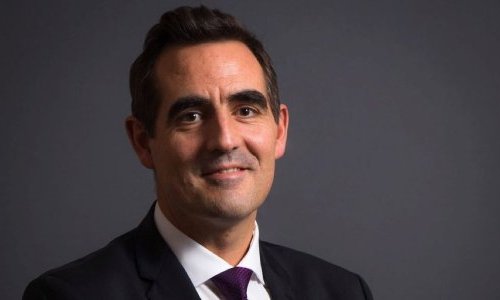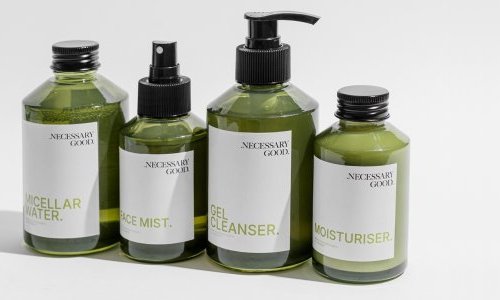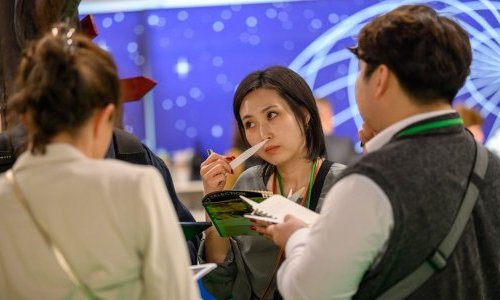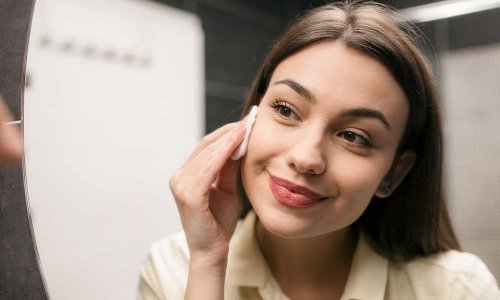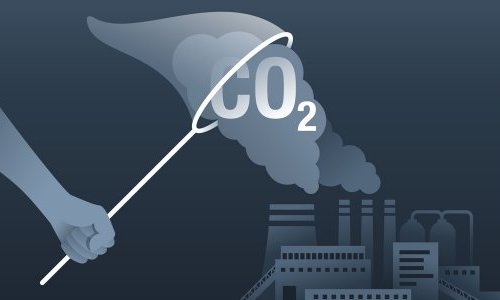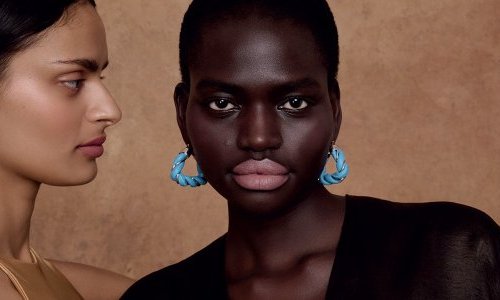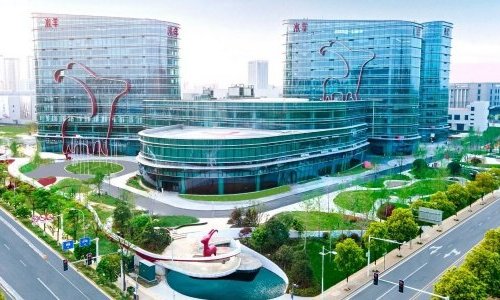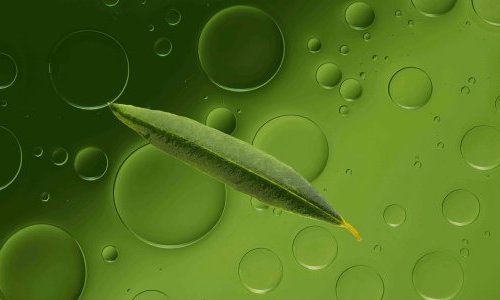Premium Beauty News - How far have you got with the sustainability objectives you set?
Bénédicte Luisi - We have just published our annual report, which covers all the scopes we have been working on: production sites, transport, our social policy, and of course, our product range, for which we have made strong commitments to be proactive.
We are doing everything we can to offer alternative solutions, in particular with more sustainable and responsible materials, to stop using fossil fuels, to incorporate recycled materials, and of course, to improve product recyclability, which will also lead to better quality recycled materials.
That is why we adopted this proactive approach, but we still feel the market is experiencing a “delay in starting”, in particular as regards recycled materials. Their use requires brands to make compromises, especially in terms of aesthetics.
Still, demand and need are growing, because working with these alternative materials also helps brands meet their carbon reduction targets. An increasing number of customers tell us about carbon and traceability needs. They have made commitments and set up policies that go beyond the tightening of European regulations scheduled for 2025.
Premium Beauty News - Right now, there is a tendency to focus on recycled materials and recyclability. What progress has been made in this area? What about recycled plastic supply?
Bénédicte Luisi - We have created a specific catalogue to put forward all our quality products made from recycled materials. It helps our customers clearly identify what is ready.
Most of our beauty products with materials derived from mechanical recycling were subject to various quality and technical tests. We have developed Aptar’s own approach, PCR PLUS, to offer materials compatible with cosmetic applications when food compatibility is not available. We ensure their traceability and assess their toxicity and compatibility with beauty applications.
Innovation-wise, we work upstream with committed partner companies, such as PureCycle. They have brought a new technology which, thanks to an additional decontamination process, results in ultra-pure, high-quality recycled polypropylene. Aptar is also part of the Next Loop project, another technology designed to obtain recycled PP compatible with beauty applications.
Supply is a particular issue when it comes to recycled materials. For materials derived from mechanical recycling, we have secured contracts with material suppliers and anticipated market needs over the next two to three years. Things are more complex with chemical recycling, because the process is still in the pilot phase. But here too, thanks to our partnerships, we have secured supplies by looking 18 to 24 months ahead. We deal with hypotheses, so it is more like risk management.
Generally speaking, we aim to use all the technologies available on the market to incorporate recycled materials, as they will help us increase our conversion rate and our use of recycled materials.
Now, product recyclability is a complex issue, because the criteria and grids set out by European regulations are not completely clear yet. Overall, we need to focus as much as possible on mono-material packs made from PE, PP and PET: they are the three materials for which we have a recycling network. We need to stop using the materials that prevent products from being recycled.
Premium Beauty News - Are new solutions to avoid plastic, particularly plant-based materials, a solution for the future?
Bénédicte Luisi - Again, we have been assessing all solutions involving biosourced resins. But there are prerequisites: taking into account the impact on the product’s end-of-life, checking the materials’ compatibility with recycling, their behaviour according to biodegradability and compostability criteria, and the actual, quantified environmental impact in terms of carbon consumption, water consumption, land diversification, traceability, etc. Ideally, these materials should be derived from waste and co-products from an existing industry.
We aim to take measures that have a real quantified impact. So, we use our ecodesign tool to check that the initial idea is really a good one, in practice, and that there is a real advantage in terms of environmental impact, for all the criteria mentioned.
Premium Beauty News - Do you think refilling is the most effective solution in terms of sustainability?
Bénédicte Luisi - Especially for certain applications. It is the solution for the perfume market, where there is a huge demand to extend the lifetime of products. And makeup products are concerned too.
Today, products should be recyclable OR refillable, but regulations will soon require both criteria: packs will need to be recyclable, and so will the refill. So, it is a demand from brands, but it is not the only possibility being explored.
Premium Beauty News - In conclusion, what do you think the beauty packaging of the future will look like?
Bénédicte Luisi - Simpler packs in terms of materials: we need to move towards mono-material, fully recyclable products that fit into recycling channels and meet recyclers’ requirements.
We have been proactive on this issue: we transform our range on a daily basis to improve our environmental footprint through criteria such as recyclability, the use of recycled materials, and a reduced carbon footprint. We make no compromise on the actual impact and end-of-life management.
|
Aptar Beauty releases a White Paper on sustainable materials The White Paper focuses on the contribution of dispensing solutions (pumps, airless, etc.) to the development of the circular economy, with the aim to address the solutions that are on the horizon to reduce environmental impact, and help the beauty industry become more sustainable. |



